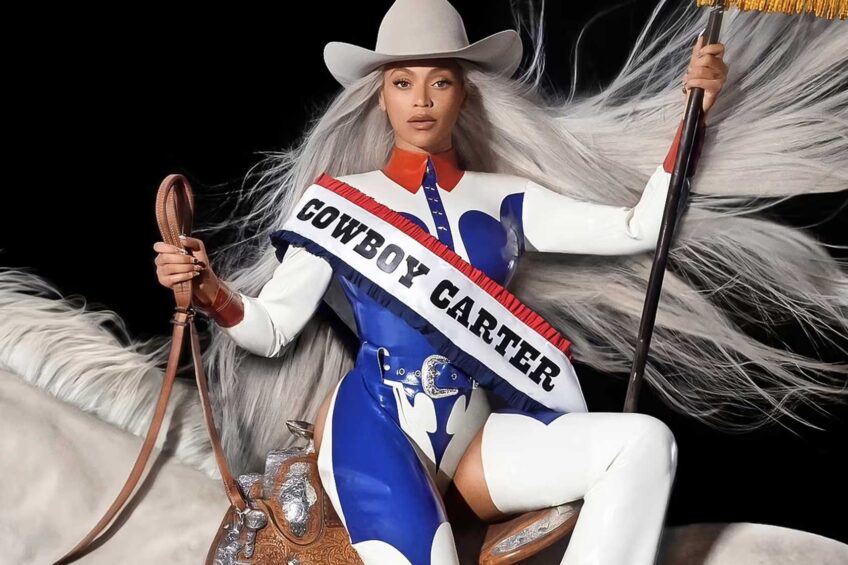A presidential candidate’s pick for his vice-presidential running mate has been the butt of endless jokes, ribs and wisecracks. The ridicule of the vice presidency got even worse when vice presidential candidates debated. A Gallup poll measured the impact of VP debates between 1976 and 2008. It found that their debates had absolutely no impact in boosting the stock of the presidential standard-bearer. Those debates were a one-shot deal that garnered poor ratings. That changed in 2008 in the VP debate between GOP VP contender Sarah Palin and Democratic VP contender Joe Biden. Nearly 70 million viewers tuned in.
The heightened public interest in their debate could be chalked up in part to the history-making candidacy of Barack Obama. And in greater part to the kooky candidacy of Palin. People didn’t tune in expecting to hear any substantive talk of the issues. The debate was simply a curiosity item and good theater.
In 2016 the challenge for both Trump and Hillary Clinton was to find a running mate who had few negatives, was a solid party insider, was fairly young, and as an added boost who were widely regarded as good governors and good administrators.
Trump had a special need for a VP pick regarded as a reliable party insider with a stable image. These were the two qualities Trump didn’t have. The anti-party, anti-political establishment maverick outsider image served him well with legions of voters mad at and frustrated over corporate special interests, clubby beltway politics. But he also sent chills up the backs of that establishment. Mike Pence was his answer to calm those fears.
In 2020, Trump still has Pence. Biden’s VP dilemma is wildly different. He is everything that Trump wasn’t and still isn’t. That is moderate, widely respected, and is the consummate political insider. There’s a double-edged sword to this. He also heads a party that is deeply divided ideologically with legions of big, loud, demanding progressives. Their view of Biden runs the gamut from suspicion to outright hostility. There are also the Black voters. Biden gets rock-solid support from older Black voters. But many younger Black voters aren’t so sure. Biden must have as many Black and progressive voters as he can get behind him to win. The lesson of Clinton in 2016 is a cautionary note. Any drop in backing from Blacks and progressives in a close election can be politically fatal.
Biden added drama to the search for the VP by pledging that it had to be a woman. Blacks promptly doubled down on this by demanding it be a Black woman. If that’s not enough, given Biden’s age, yet one more stipulation is that she must be able to immediately step into the presidency if anything happens to him. That’s a lot to dump on the back of a vice president.
For both Biden and Trump, the single biggest asset that a VP pick brings to the table is that he or she can turn on more voters than their potential boss can or has turned off no matter what part of the country they hail from, their gender or their rank in the party.
The VP, then, must be more than someone who won’t harm the ticket, but someone who will help the ticket win. The only way that can be done is for both to be showpieces for the qualities that many voters think Trump and Biden sorely lack.
Earl Ofari Hutchinson is an author and political analyst.


![Banner [Virtual] Art Gallery](https://baystatebanner.com/wp-content/uploads/2024/04/Cagen-Luse_Men-at-store-e1713991226112-150x150.jpg)



